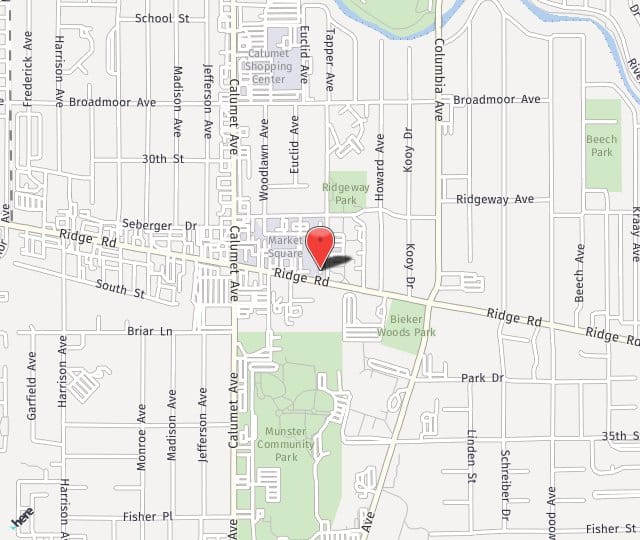When the San Antonio Spurs announced that star player Victor Wembanyama would miss the remainder of the season due to deep vein thrombosis (DVT) in his shoulder, it caught many by surprise. (ESPN) While DVT is often associated with the legs, this case highlights that blood clots can form anywhere in the body, posing serious health risks.
At Region Vein, Dr. Demetrios J. Karamichos specializes in diagnosing and treating DVT, helping patients prevent complications and maintain optimal vascular health. With his extensive expertise, Dr. Karamichos provides personalized, state-of-the-art vein care to ensure early detection and effective treatment.
What is Deep Vein Thrombosis (DVT)?
DVT occurs when a blood clot forms in a deep vein, typically in the legs but sometimes in the arms, pelvis, or shoulders. These clots can block normal blood flow and cause significant health issues, including pulmonary embolism (PE)—a life-threatening condition where a clot travels to the lungs.
Symptoms of DVT: Know the Warning Signs
DVT does not always cause noticeable symptoms, making it difficult to detect. However, when symptoms do appear, they may include:
- Swelling – Often in one leg or arm.
- Pain or tenderness – Can feel like a cramp or soreness, especially in the calf or thigh.
- Warm skin – The affected area may feel warmer than usual.
- Red or discolored skin – The skin may take on a reddish or bluish hue.
In Wembanyama’s case, he initially believed his discomfort was temporary, but persistent symptoms led to medical testing, which ultimately revealed the clot. Ignoring these signs can be dangerous, making early medical intervention critical.
Who is at Risk for DVT?
DVT can affect anyone, but certain factors can increase the likelihood of developing a blood clot:
- Prolonged immobility – Long periods of sitting, such as during travel or bed rest.
- Recent surgery or trauma – Particularly orthopedic procedures.
- Underlying medical conditions – Cancer, heart disease, or clotting disorders.
- Hormonal changes – Pregnancy, birth control pills, or hormone therapy.
- Smoking and obesity – These lifestyle factors can negatively impact circulation.
At Region Vein, Dr. Karamichos helps patients identify their individual risk factors and take proactive steps to reduce their chances of developing DVT.
Dr. Demetrios J. Karamichos: Expert DVT Care at Region Vein
Dr. Demetrios J. Karamichos is a board-certified vein specialist dedicated to treating and preventing venous conditions, including deep vein thrombosis. At Region Vein, he provides advanced, minimally invasive treatments that help patients regain their health and prevent serious complications. His compassionate and patient-centered approach ensures that individuals receive the best care possible for their vascular needs.
How is DVT Diagnosed and Treated?
Early detection is crucial for preventing complications. At Region Vein, Dr. Karamichos uses cutting-edge ultrasound imaging to diagnose DVT accurately. If a clot is detected, treatment options may include:
- Blood thinners (anticoagulants) – Medications that prevent existing clots from growing and reduce the risk of new clots forming.
- Thrombolytics (clot-dissolving drugs) – Used in severe cases to rapidly break down clots.
- Minimally invasive procedures – Including catheter-based clot removal techniques for high-risk cases.
- Compression therapy – Special stockings to improve circulation and reduce swelling.
Each patient at Region Vein receives a personalized treatment plan, ensuring the safest and most effective approach to managing DVT.
Preventing DVT: Dr. Karamichos’s Expert Advice
DVT is serious, but proper precautions can prevent many cases. Dr. Karamichos recommends:
- Staying active – Regular movement and stretching, particularly during long travel or work shifts.
- Maintaining hydration – Drinking enough water helps maintain healthy blood flow.
- Managing weight and lifestyle factors – Quitting smoking and maintaining a healthy weight reduces risk.
- Wearing compression stockings – Beneficial for those at higher risk of DVT.
- Seeking medical advice if at risk – Regular check-ups with a vascular specialis like Dr. Karamichos can help detect and prevent complications early.
Final Thoughts
Victor Wembanyama’s diagnosis has put deep vein thrombosis in the national spotlight, reminding us of the importance of vascular health. If you experience leg pain, swelling, or other potential symptoms of DVT, don’t ignore them—seek medical attention immediately.
At Region Vein, Dr. Demetrios J. Karamichos and his team provide expert DVT care, ensuring patients receive the best treatment.
For more information or to schedule a consultation with Dr. Karamichos, visit our contact us page.


